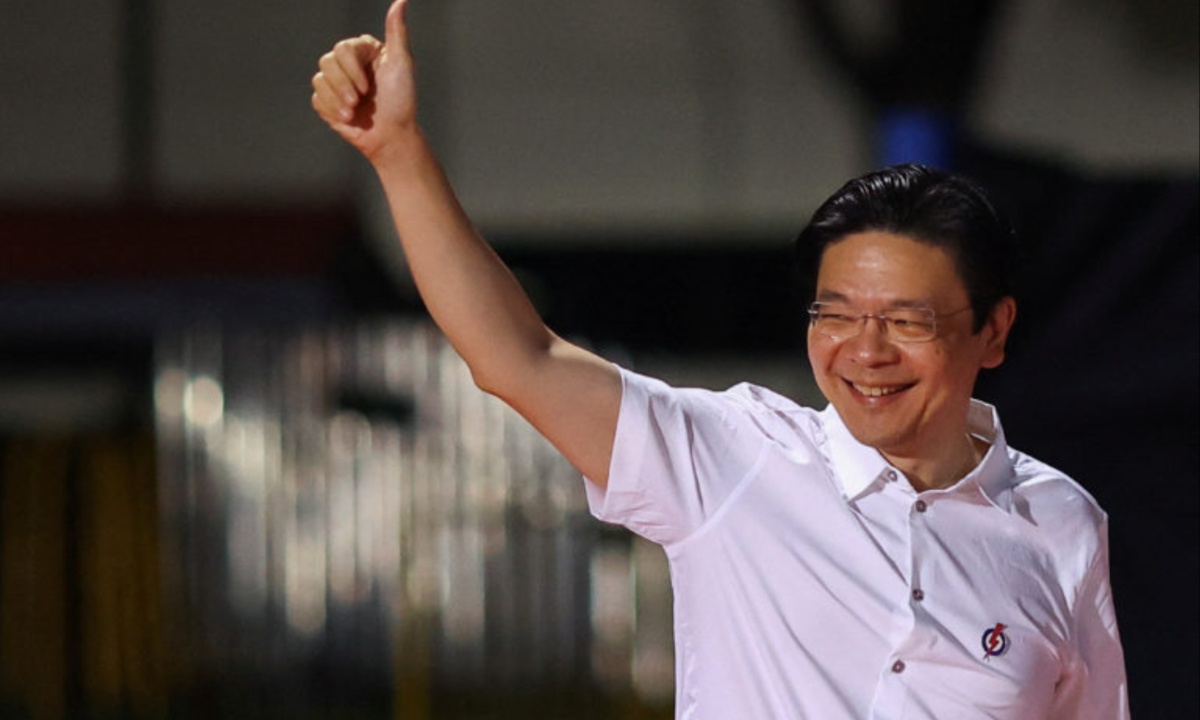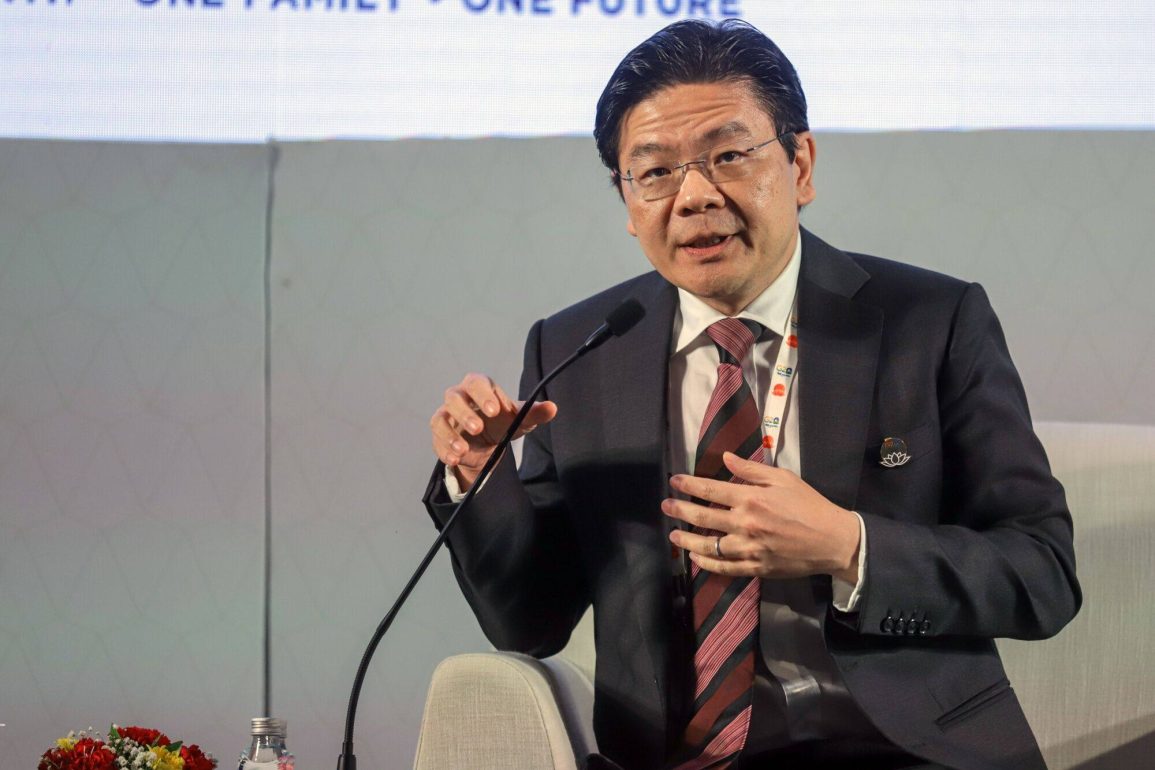Singapore’s long-dominant People’s Action Party (PAP) secured another landslide win in the latest general elections, extending its uninterrupted 66-year rule. The party clinched 82 parliamentary seats after counting concluded, with an additional five seats won uncontested, totaling 87 out of 97. This outcome marks a significant boost for Prime Minister Lawrence Wong, who assumed leadership in 2024. The opposition Workers’ Party retained its 10 seats, reflecting no major breakthrough despite hopes for progress.
Wong’s Economic Credibility and Stability Message Drive Surge in PAP’s Popular Support
The PAP’s share of the popular vote rose to 65.6%, an increase from 61% in the 2020 election, signaling renewed public support. Celebrations erupted among party supporters, reflecting optimism in Wong’s leadership. In a speech to his constituents, Wong expressed gratitude and pledged to serve with renewed dedication. Analysts noted that the opposition’s stagnation was unexpected, with many voters appearing to value continuity and the PAP’s track record in governance.

Wong, an economist trained in the United States and Singapore’s finance minister before becoming Prime Minister, appealed to voters with promises of stability amid global economic uncertainty. His leadership style and economic credibility resonated particularly well as Singapore braces for slower growth and possible recession due to international trade tensions, especially under U.S. tariff policies. Analyst Bridget Welsh dubbed this voter sentiment the “Wong and Trump effect,” pointing to economic insecurity as a central issue that reinforced the PAP’s mandate.
Generational Shift and Opposition Challenges Define Singapore’s Evolving Political and Leadership Climate
Wong succeeded Lee Hsien Loong, who stepped down after two decades but remains in the cabinet as senior minister. His departure marked the end of a political era tied to Singapore’s founding father, Lee Kuan Yew. Wong’s leadership represents a generational shift, reinforced by the PAP’s renewal strategy, which included introducing a third of its candidates as new faces. His more personable approach and engagement with youth further strengthened the party’s appeal during the campaign.
Despite the Workers’ Party holding steady in its performance, the wider opposition failed to gain significant traction. Party leader Pritam Singh recognized the difficulties and reaffirmed a commitment to pushing for a more balanced political system. Key challenges included limited resources, divided voter support, and electoral boundaries that critics argue favor the ruling party. While many voters supported the principle of stronger parliamentary oversight, analysts observed that concerns over global uncertainty led most to choose the familiarity and stability offered by the PAP.


